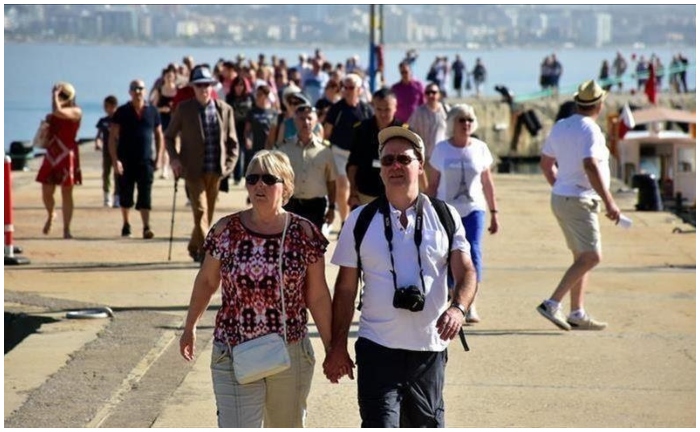Traveling abroad is an adventure filled with excitement and the allure of the unknown. However, this journey into uncharted territories often comes with its fair share of missteps, especially for the uninitiated traveler. While it’s natural to want to explore a new culture and indulge in the local lifestyle, some common mistakes could turn your dream vacation into a lesson in etiquette. In the quest to be more than just a passerby, being informed about the cultural norms and local customs is crucial. Here, we delve into a couple of common oversights tourists often make when they venture abroad.
Overlooking Local Customs and Etiquette
One of the foremost mistakes made by tourists is overlooking the local customs and etiquette of the country they are visiting. Every nation has its own set of unspoken rules and behaviors that are considered polite or impolite. For instance, in Japan, it’s customary to bow as a form of greeting rather than offering a handshake. Similarly, in many Middle Eastern countries, it’s considered rude to show the soles of your shoes. Tourists often find themselves in embarrassing or disrespectful situations because of their unawareness of such customs. While it’s impossible to know every local etiquette, a little research before your trip can go a long way in ensuring a respectful and enjoyable interaction with the locals.

Ignoring Language Barriers
Another common pitfall tourists encounter is the language barrier. While English is widely spoken around the world, assuming everyone you meet will speak it is a mistake. This assumption can lead to misunderstandings or even come off as rude to some locals. It’s advisable for travelers to learn a few basic phrases in the local language of the country they are visiting. Even just knowing how to say “hello,” “please,” and “thank you” can show a level of respect and openness to the local culture, which in turn can enrich your overall travel experience. Moreover, making an effort to communicate in the local tongue often leads to more meaningful interactions and a deeper understanding of the culture you’re immersing yourself in.